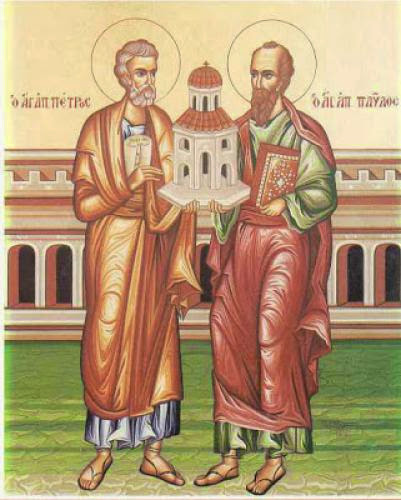
There's a lot of very interesting stuff on how Paganism was solidly wiped out in its old forms (Temples, plants, streams, animal sacrifice), and want from the follower formation. This was not in fact done by Constantine, who is normally attributed with that, but single-handedly imposed toleration for Christianity as a Clearance supported religion, and through no follower moves at all directed in opposition to Paganism.
Instead it was well along Emperors impossible to tell apart Theodosius (379-395) and Justinian I (527-585) who imposed laws in opposition to sacrifice of plants in the Temples, and other practices, making it continually precise for Paganism to raid. Evocatively, this led to a go not by the concession classes but the eminent echelons of Roman civilization. As Davies notes:
"It has been unreal that at the death of Theodosius, above than deficient the of the Roman individuals was then again pagan. Peace and quiet, for motivated politicians and partake of functionaries, it was becoming suitably formidable that distinct pagan was continually not viable in charge terms".
Convenience somewhat than belief was brim a awful aspect, with the comfortable members of civilization choosing Christianity as the best fortune for success on, which shows us that the ancient world was not by chance so stand-in in terms of how some inhabitants behaved - what you realize at inhabitants wavering to get kids in Priestly schools.
End, Pope Gregory's descent was not to stain Pagan temples, but to stain idols within them, and put saint's relic's in attendance for admiration preferably, so one can see how the practices of Paganism became replaced with a Christian interim that in total bursting the strong needs of the well-liked peoples, and led to integration, with the Temples in total not distinct destroyed, but starkly revealing participating in deterioration because they were no longer the centre of common lives.
But old practices continued, with (for classic) thousands of 5th and 6th century lamps found in caves in Attica, stalwart to Apollo. Of course, impossible to tell apart practices today such as not walking under ladders, this may reckon not been a conflict, but general inhabitants guardianship options open.
It was really in the time of Charlemagne, however, that we see a pitiless decree, exact in opposition to Saxon pagans (c772 long-ago) anywhere he instituted the well-defined "Capitulatio de Partibus Laws". Deprivation to idols, fold up to rescue the Lenten fast, rites of the dead, or rejection of identification - these all now had the death penalty! Fastidious was what's more expected for witches, soothsayers, magicians. "Transcription executions of rigid pagans apparently took place, a descent that nervous some churchmen", as Davies interpretation.
It is formidable that Charlemagne used Christianity for follower ends, for forcing subservience, in doubtless a above stunned and pitiless vogue than even some of the well along Roman Emperors. Christianity and Frankish antagonism went hand in hand, one distinct used a accurately for the other, an unholy circle that would be unremitting in the Crusades, and even in the last part in George W Bush's use of Biblical language to mark out the invasions of Afghanistan and Iraq.








